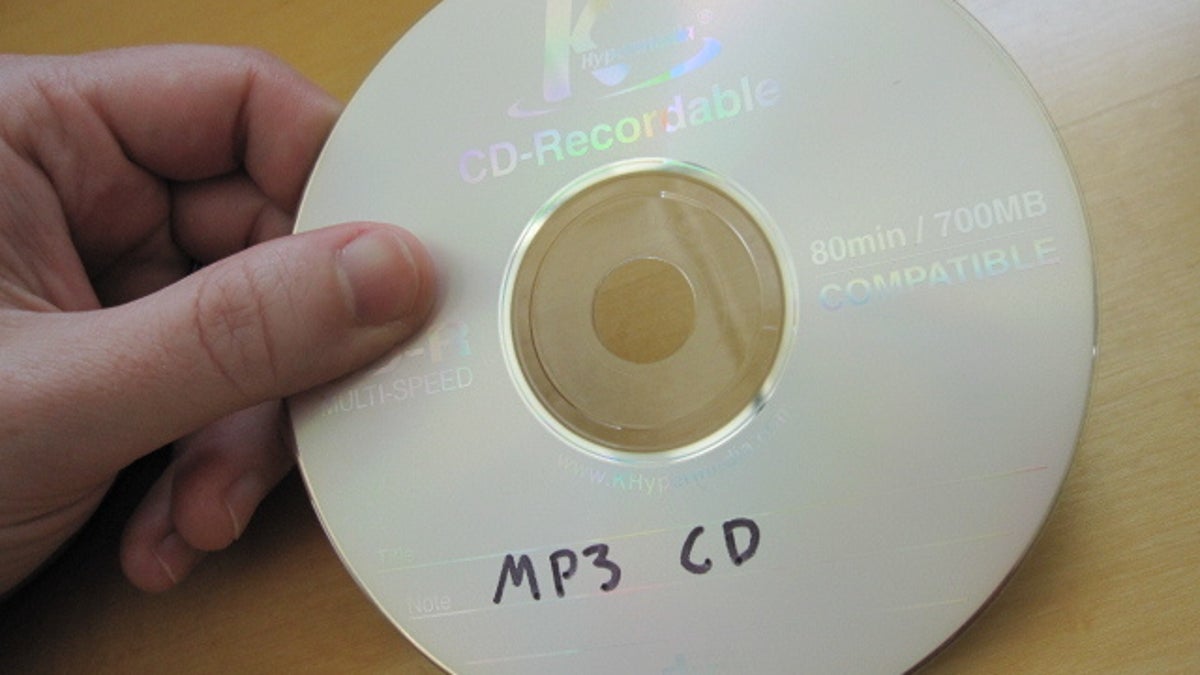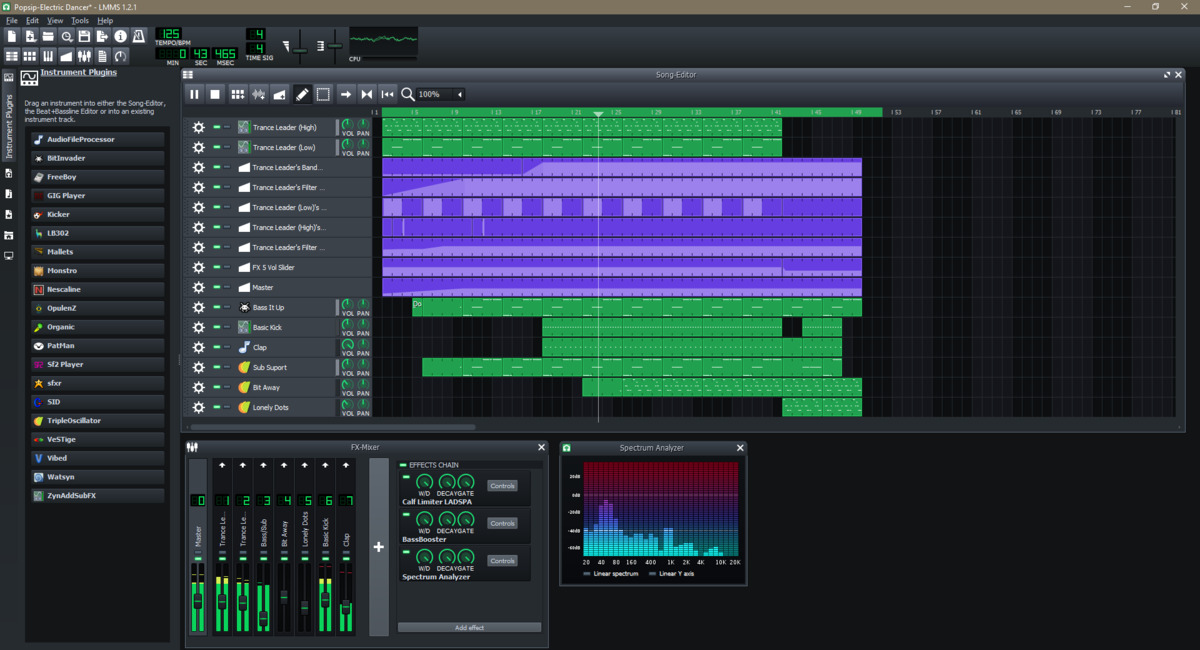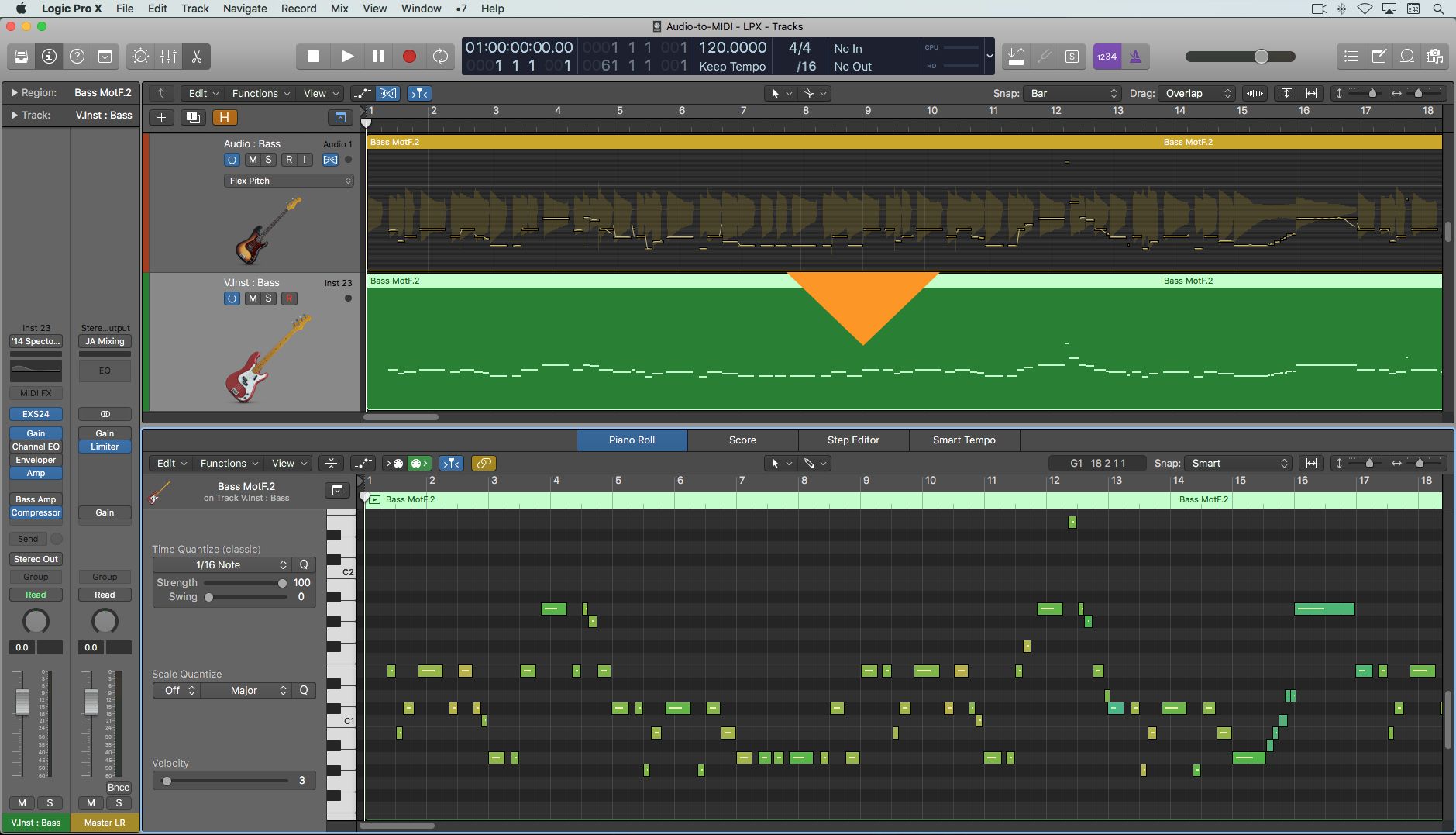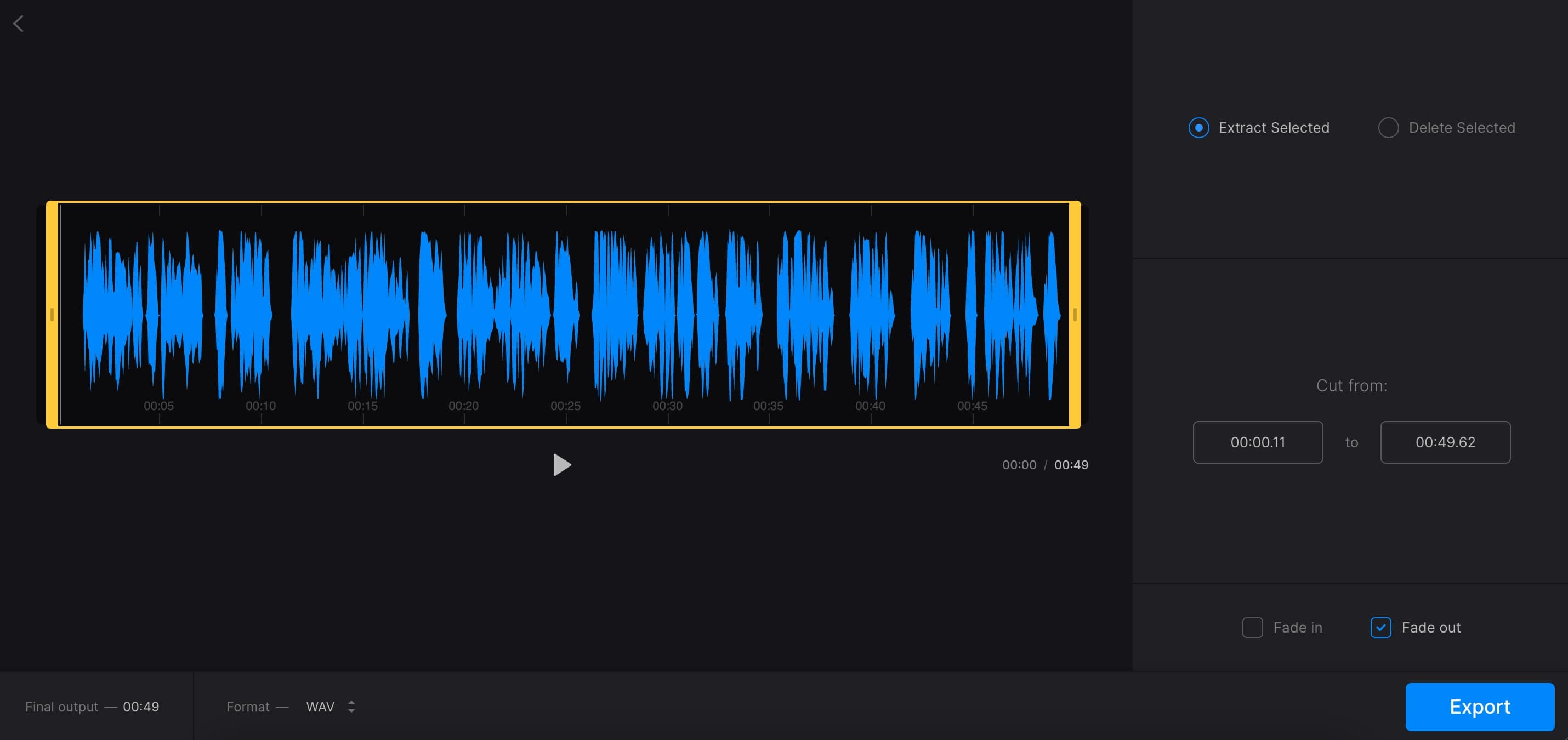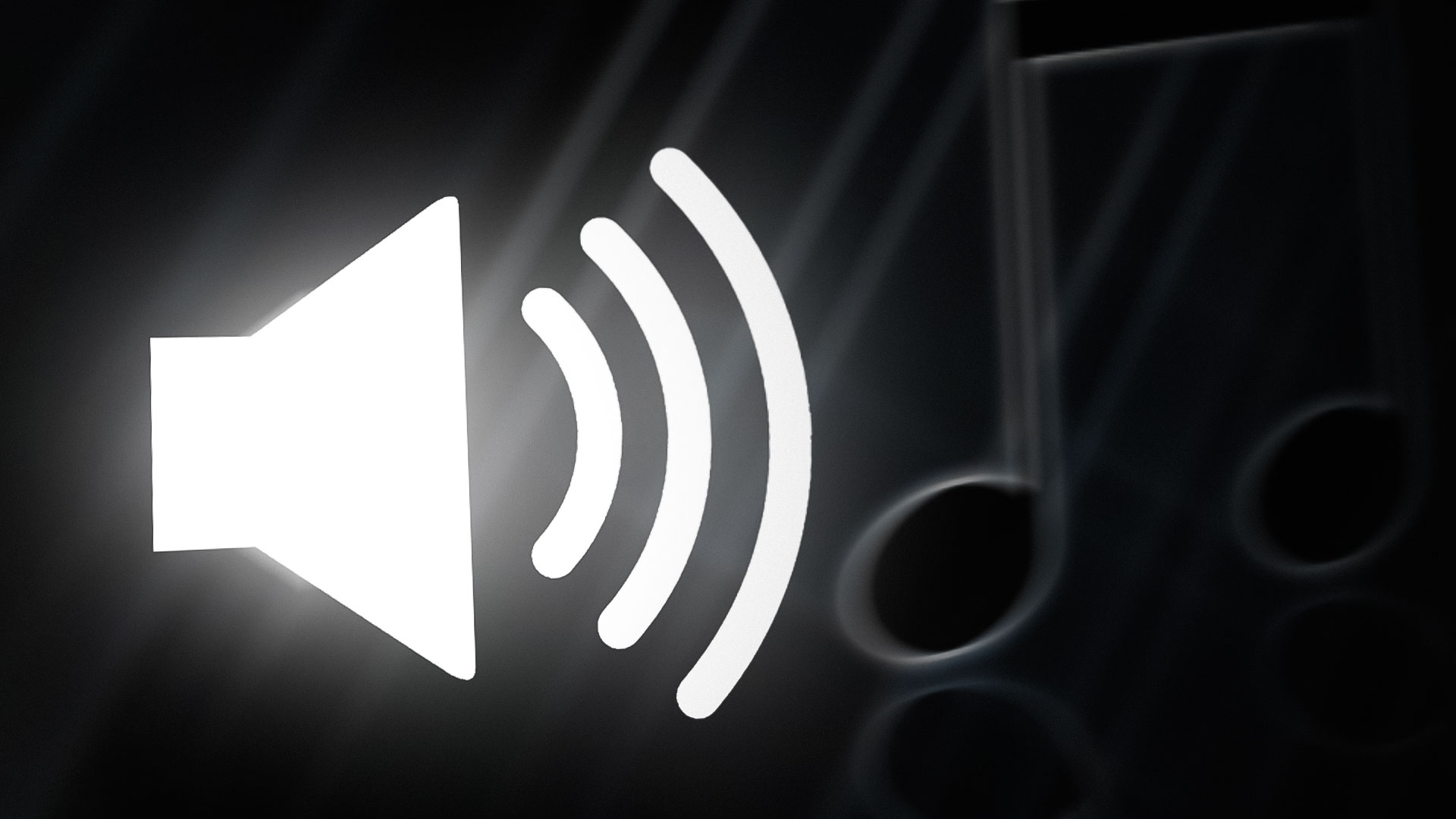Home>Devices & Equipment>Streaming>How To Save Streaming Music To MP3
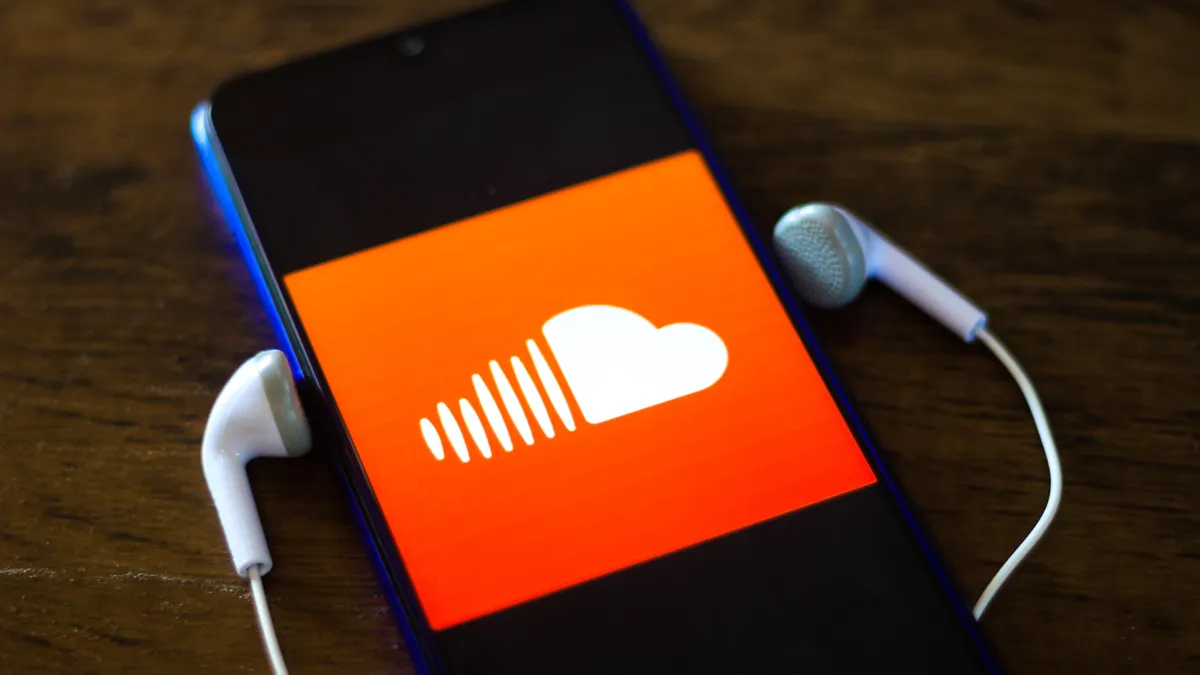

Streaming
How To Save Streaming Music To MP3
Published: March 8, 2024
Learn how to save streaming music to MP3 with our easy step-by-step guide. Convert your favorite tracks for offline listening hassle-free.
(Many of the links in this article redirect to a specific reviewed product. Your purchase of these products through affiliate links helps to generate commission for AudioLover.com, at no extra cost. Learn more)
Table of Contents
Introduction
Streaming music has become an integral part of our daily lives, offering a vast library of songs at our fingertips. While streaming platforms provide convenient access to a plethora of music, there are times when we wish to save our favorite tracks as MP3 files for offline listening. Whether it's to create a personalized playlist or to enjoy music without relying on an internet connection, the ability to save streaming music to MP3 format is highly desirable.
In this article, we will explore various methods to accomplish this task, taking into consideration the legalities and ethical aspects of downloading music from streaming platforms. From utilizing third-party software to leveraging online converters and built-in features of streaming platforms, we will delve into the intricacies of saving streaming music to MP3. By the end of this comprehensive guide, you will have a clear understanding of the available options and the best practices for converting streaming music to MP3 format. Let's embark on this journey to unlock the potential of streaming music and transform it into a personalized MP3 collection.
Understanding the Legalities
When it comes to saving streaming music to MP3, it is crucial to understand the legal implications and ethical considerations associated with this practice. The digital landscape is governed by copyright laws and licensing agreements that protect the rights of artists, record labels, and streaming platforms. Therefore, it is essential to navigate this terrain with awareness and respect for intellectual property rights.
Streaming platforms typically operate under specific terms of use, which outline the permissible ways in which users can interact with the content. These terms often prohibit the unauthorized downloading or redistribution of streamed music, emphasizing the importance of respecting the rights of content creators. As users, it is our responsibility to adhere to these guidelines and ensure that our actions align with legal and ethical standards.
Furthermore, the process of converting streaming music to MP3 format raises questions about fair use and the reproduction of copyrighted material. While fair use provisions may allow for certain forms of reproduction under specific circumstances, it is essential to exercise caution and seek clarity on the legal boundaries of such practices. Understanding the nuances of fair use and its applicability to music conversion can provide valuable insights into the permissibility of saving streaming music as MP3 files.
In addition to fair use considerations, it is important to be mindful of the licensing agreements that govern the distribution and reproduction of music on streaming platforms. These agreements dictate the rights and limitations associated with the content available on these platforms, shaping the parameters within which users can engage with the music. By familiarizing ourselves with these licensing terms, we can gain a deeper understanding of the legal framework that governs our interactions with streaming music.
In essence, understanding the legalities of saving streaming music to MP3 involves a conscientious approach to copyright laws, fair use principles, and licensing agreements. By acknowledging the rights of content creators and respecting the terms of use set forth by streaming platforms, we can navigate this terrain with integrity and uphold the ethical standards that safeguard the creative works of artists and the integrity of the digital ecosystem.
Using Third-Party Software
When exploring the realm of saving streaming music to MP3, utilizing third-party software emerges as a popular and versatile approach. Third-party software, often designed specifically for audio recording and conversion, offers a range of features that enable users to capture and convert streaming music into MP3 format. These tools are designed to seamlessly integrate with various streaming platforms, providing a convenient means of extracting audio content while maintaining compatibility with MP3 file formats.
One of the key advantages of using third-party software is the flexibility it offers in capturing audio from streaming sources. These applications are equipped with advanced recording capabilities, allowing users to capture audio streams in real-time with precision and clarity. By leveraging the recording functionality of third-party software, individuals can effectively capture their favorite tracks from streaming platforms and convert them into high-quality MP3 files for offline listening.
Furthermore, third-party software often provides additional features such as audio editing and customization options, enhancing the overall user experience. These tools empower users to fine-tune their captured audio, enabling them to trim, enhance, or personalize the audio content before converting it to MP3 format. This level of customization adds a layer of creativity to the process, allowing individuals to curate their music collection according to their preferences and specifications.
Moreover, the intuitive interfaces and user-friendly controls of third-party software contribute to a seamless and efficient conversion process. With clear navigation and accessible settings, users can easily configure the recording and conversion parameters, ensuring a smooth transition from streaming audio to MP3 files. This user-centric approach enhances the accessibility of third-party software, making it an attractive option for individuals seeking a straightforward and streamlined solution for saving streaming music as MP3 files.
It is important to note that when utilizing third-party software for capturing and converting streaming music to MP3, users should exercise caution and adhere to legal and ethical considerations. Respect for copyright laws, fair use principles, and the terms of use set forth by streaming platforms should guide the responsible use of third-party software, ensuring that the process aligns with legal and ethical standards.
In essence, the utilization of third-party software presents a compelling avenue for saving streaming music to MP3, offering a blend of advanced recording capabilities, customization features, and user-friendly interfaces. By leveraging the capabilities of third-party software, individuals can embark on a journey to transform their favorite streaming tracks into a personalized MP3 collection, enriching their music listening experience with versatility and convenience.
Using Online Converters
In the realm of saving streaming music to MP3, online converters emerge as a convenient and accessible solution for individuals seeking a streamlined method of converting streaming audio into MP3 format. Online converters, often web-based tools that specialize in audio file conversion, offer a user-friendly interface and straightforward process for transforming streaming music into MP3 files.
One of the primary advantages of using online converters is the simplicity and accessibility they provide. These platforms typically require minimal setup and technical expertise, allowing users to effortlessly upload their streaming audio files and initiate the conversion process with ease. This accessibility makes online converters an attractive option for individuals who prioritize convenience and efficiency in their quest to save streaming music as MP3 files.
Furthermore, online converters often support a wide range of audio formats, enabling users to convert streaming music from diverse sources into the universally compatible MP3 format. This versatility ensures that individuals can seamlessly convert their favorite tracks from various streaming platforms, creating a cohesive MP3 collection that transcends the limitations of proprietary audio formats.
Additionally, the cloud-based nature of online converters eliminates the need for extensive software installation or local file processing, offering a hassle-free experience for users. By leveraging the power of cloud computing, these platforms streamline the conversion process, allowing users to upload their streaming audio files, initiate the conversion, and download the resulting MP3 files without the burden of managing complex software installations or local file storage.
Moreover, online converters often incorporate additional features such as basic audio editing capabilities, enabling users to perform simple modifications to their converted MP3 files. These editing tools may include options for trimming, adjusting volume levels, or applying basic effects, empowering users to personalize their MP3 collection according to their preferences.
It is important to note that while online converters offer a convenient and accessible means of converting streaming music to MP3, users should exercise caution and ensure that their usage aligns with legal and ethical considerations. Respecting copyright laws, fair use principles, and the terms of use of streaming platforms is essential when utilizing online converters, underscoring the importance of responsible and ethical engagement with digital content.
In essence, online converters present a user-friendly and versatile solution for individuals seeking to save streaming music as MP3 files, offering accessibility, compatibility, and basic editing capabilities in a cloud-based environment. By harnessing the capabilities of online converters, individuals can embark on a seamless journey to convert their favorite streaming tracks into a personalized MP3 collection, enhancing their music listening experience with convenience and flexibility.
Using Built-In Features of Streaming Platforms
Streaming platforms often offer built-in features that cater to the needs of users who wish to save their favorite music as MP3 files for offline enjoyment. These features, integrated within the platforms themselves, provide a seamless and user-friendly approach to converting streaming music into MP3 format.
One of the primary advantages of utilizing the built-in features of streaming platforms is the inherent compatibility and integration with the platform's ecosystem. These features are designed to work harmoniously within the streaming environment, ensuring a cohesive and streamlined experience for users. By leveraging the built-in capabilities of the platform, individuals can directly convert their selected tracks into MP3 files without the need for external tools or additional software.
Furthermore, the built-in features of streaming platforms often encompass comprehensive functionality, allowing users to not only save music as MP3 files but also manage their offline collections with ease. These features may include options for creating personalized playlists, organizing saved tracks, and accessing offline content seamlessly within the platform's interface. This holistic approach to managing offline music enhances the overall user experience, providing a cohesive solution for individuals seeking to curate their MP3 collections directly within the streaming platform.
Moreover, the integration of built-in features within streaming platforms ensures a secure and reliable conversion process, minimizing the complexities associated with third-party software or external converters. Users can have confidence in the stability and authenticity of the conversion process, knowing that it is facilitated within the trusted environment of the streaming platform. This inherent trust and reliability contribute to a sense of assurance for individuals who prioritize the security and authenticity of their music conversion endeavors.
Additionally, the built-in features of streaming platforms often align with the legal and ethical considerations surrounding the conversion of streaming music to MP3. These features are designed to operate within the framework of the platform's terms of use and licensing agreements, ensuring that the conversion process adheres to the established guidelines and respects the rights of content creators. By utilizing the built-in capabilities of the platform, users can navigate the legal landscape with confidence, knowing that their actions align with the ethical standards set forth by the platform.
In essence, the built-in features of streaming platforms offer a cohesive, secure, and user-centric approach to saving streaming music as MP3 files, providing compatibility, comprehensive functionality, reliability, and legal adherence within the trusted environment of the platform. By harnessing these integrated capabilities, individuals can seamlessly convert their favorite streaming tracks into a personalized MP3 collection, enhancing their music listening experience with convenience and authenticity.
Conclusion
In conclusion, the quest to save streaming music to MP3 encompasses a diverse array of methods and considerations, each offering unique advantages and implications. As we navigate this landscape, it becomes evident that the legalities and ethical dimensions of music conversion play a pivotal role in shaping our approach. Understanding the rights of content creators, respecting fair use principles, and adhering to the terms of use set forth by streaming platforms are fundamental pillars that guide our engagement with streaming music.
Whether through the utilization of third-party software, the convenience of online converters, or the integrated features of streaming platforms, individuals have the opportunity to embark on a journey of transforming their favorite streaming tracks into a personalized MP3 collection. Each method presents distinct advantages, from advanced recording capabilities and customization features to accessibility, compatibility, and seamless integration within the streaming environment.
It is essential to approach the process of saving streaming music to MP3 with mindfulness and responsibility, ensuring that our actions align with legal and ethical standards. By embracing a conscientious approach, individuals can navigate this terrain with integrity, respecting the rights of content creators and upholding the ethical principles that safeguard the digital ecosystem.
As technology continues to evolve and the landscape of digital content undergoes transformation, the methods and considerations surrounding music conversion will continue to evolve. It is imperative for individuals to stay informed, adapt to changes, and engage with streaming music in a manner that reflects a commitment to legal compliance and ethical conduct.
Ultimately, the ability to save streaming music to MP3 empowers individuals to curate their music collections, personalize their listening experiences, and enjoy their favorite tracks offline. By embracing the available methods while honoring legal and ethical considerations, individuals can embark on a journey of music conversion that enriches their connection to the artistry and creativity of the music they love.


